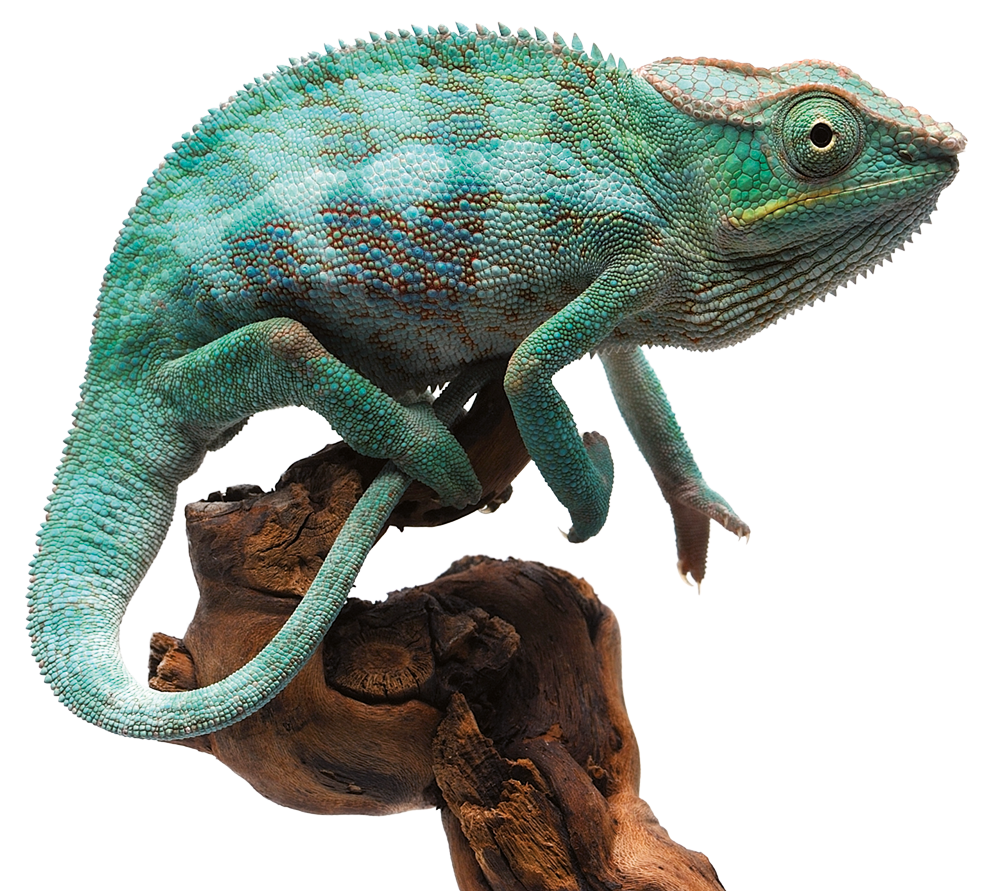

Vetark is a trading style of Vetark Products Ltd. Registered in the UK No 02182676. VAT No. GB 522 0407 01. EORI No: GB522040701000 / Privacy Policy / Cookie Policy / Sitemap
We and selected third parties use cookies or similar technologies for technical purposes and, with your consent,
also for other purposes as specified in the .
If you close this banner with a tick or click on "Decline", only technical cookies will be used. If you want to select the
cookies to be installed, click on 'Customise'. If you prefer, you can consent to the use of all cookies, including
cookies other than technical cookies, by clicking on "Accept all". You can change your choice at any time.